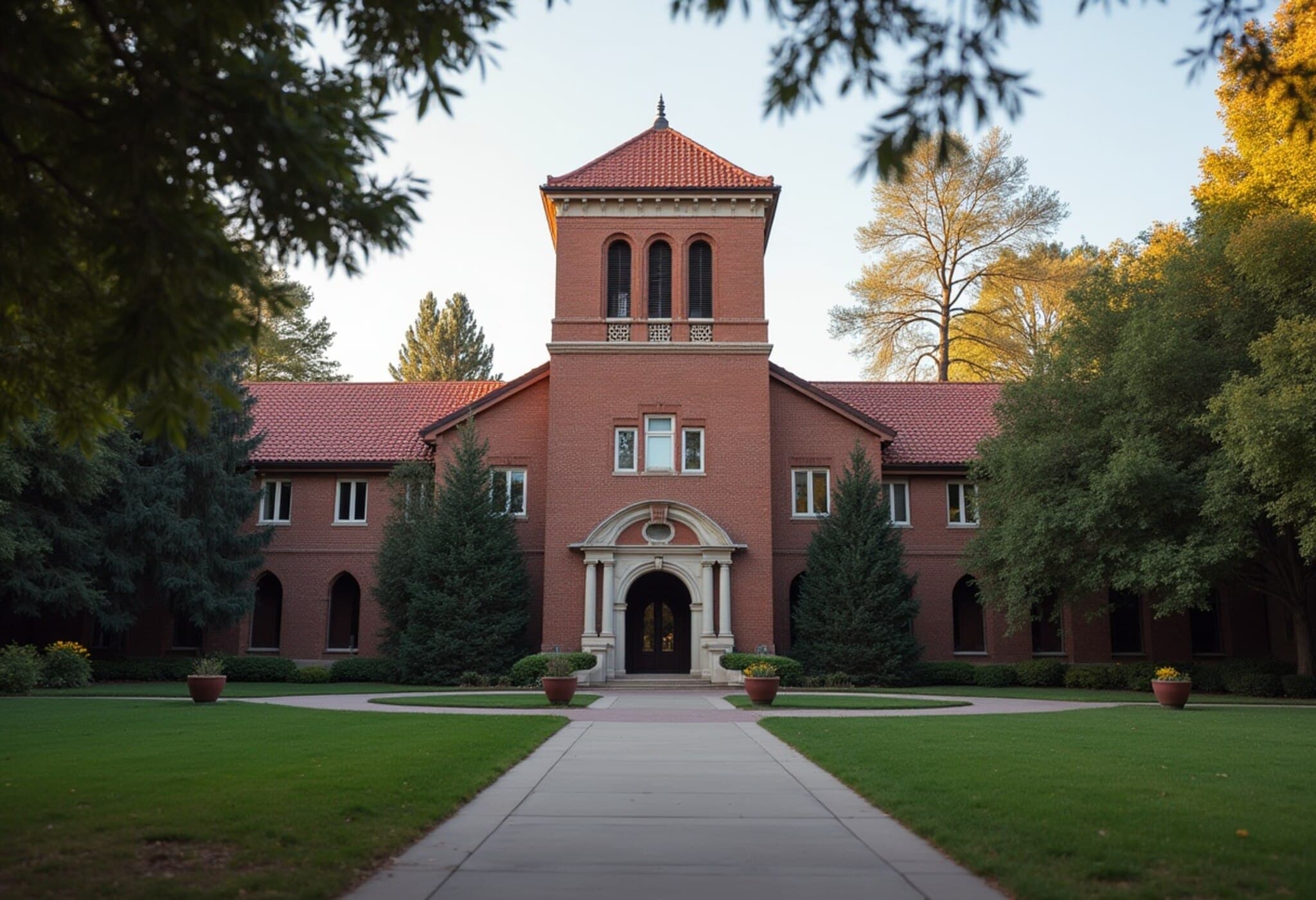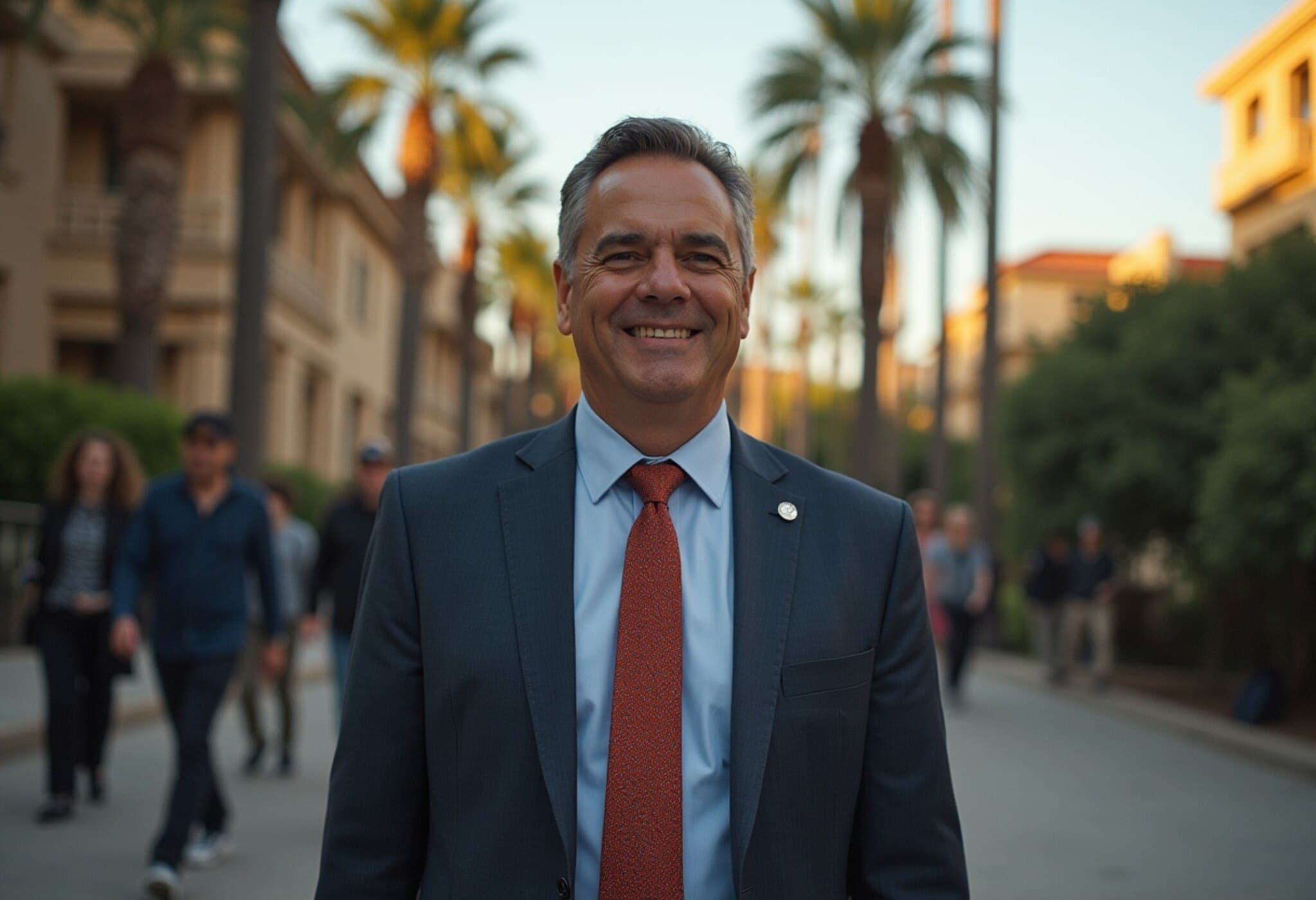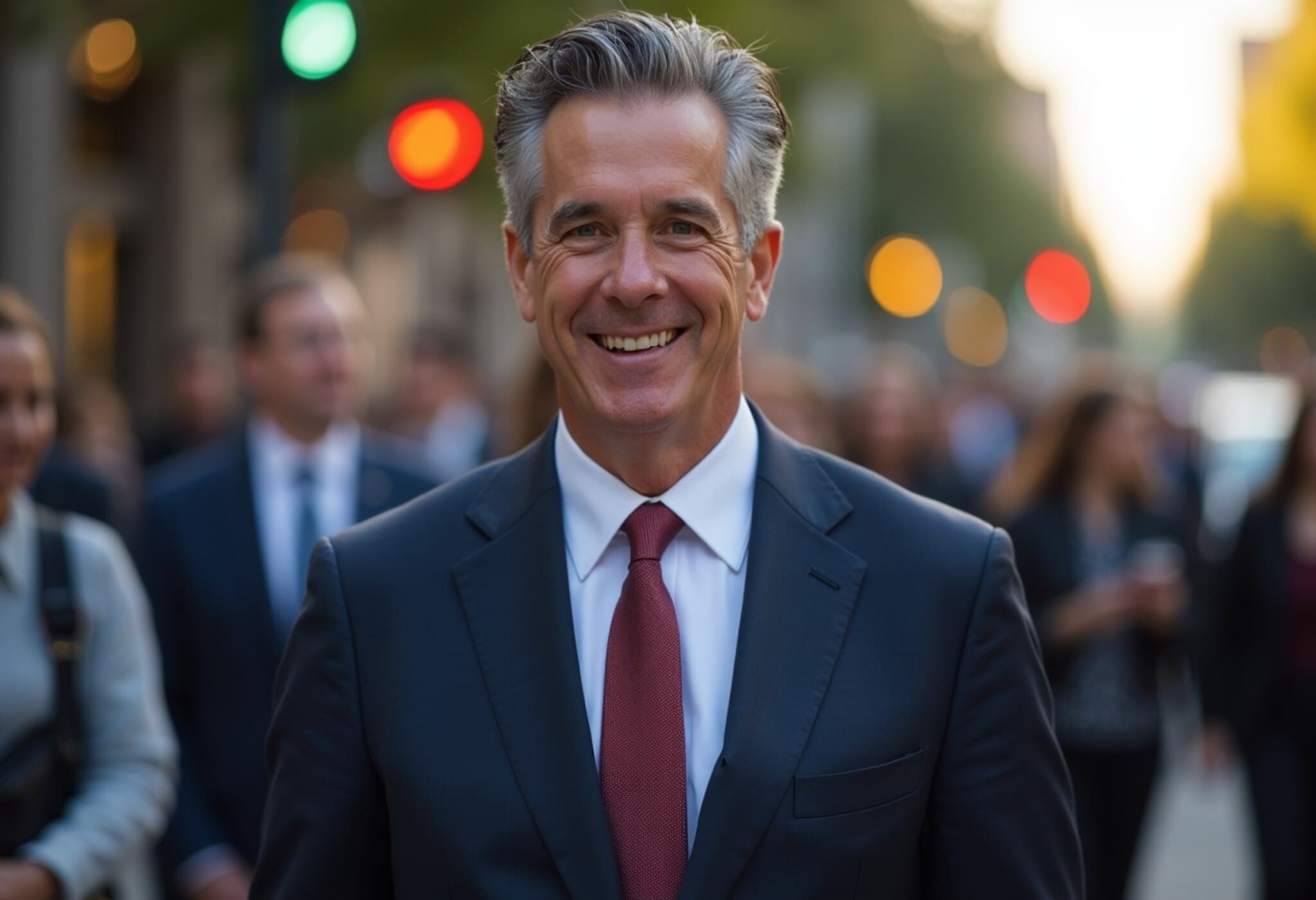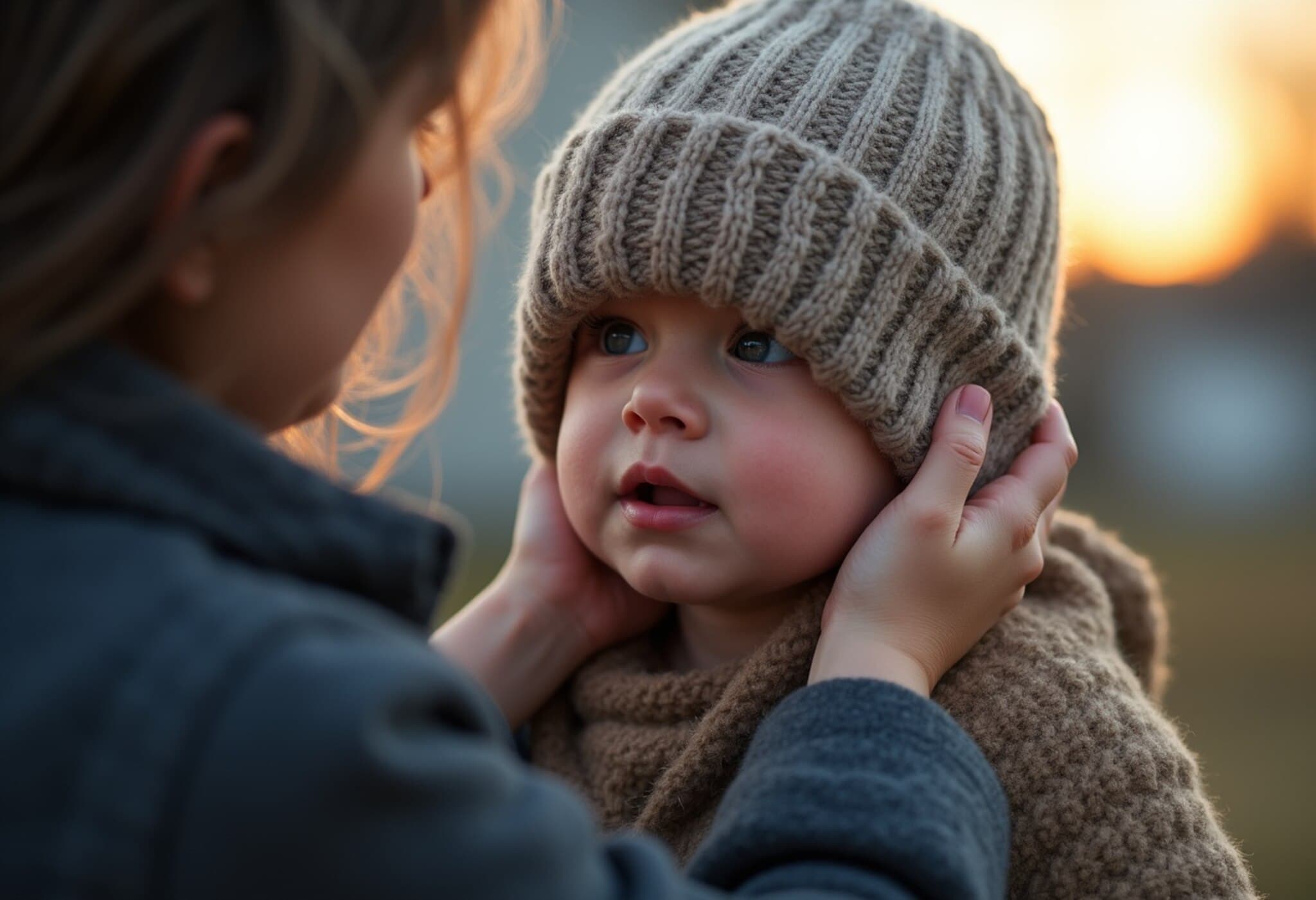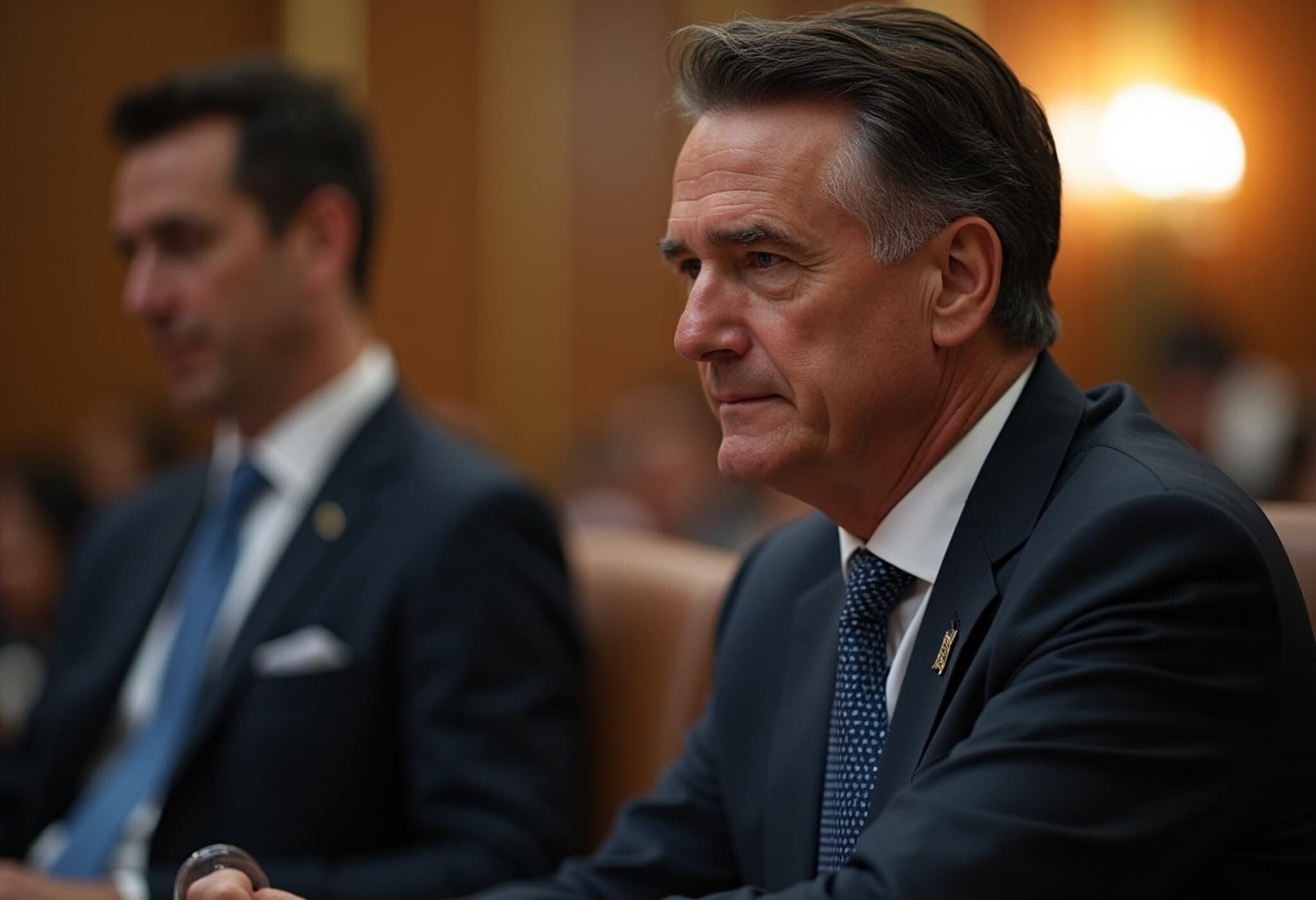Alberta Reverses Course on School Library Book Ban
In a striking development in Canadian education and cultural policy, Alberta’s government has paused its contentious directive to remove hundreds of books from school libraries across the province. The initial order targeted books considered "inappropriate" due to sexual content or other sensitive topics, igniting widespread debate over censorship, youth protection, and educational freedom.
Background: A Sweeping Book Ban Sparks Outcry
When classes began on September 2, 2025, students in Edmonton—the provincial capital—noticed markedly emptier shelves in their school libraries. Over 200 books, ranging from classic literature to popular young adult novels, had been pulled out on government orders. Titles like Margaret Atwood’s The Handmaid’s Tale, Aldous Huxley’s Brave New World, George Orwell’s 1984, and even Stephen King’s It were among those removed.
The Alberta government justified its ban by framing it as a protective measure against the exposure of youth to sexually explicit material deemed unsuitable for certain age groups. Premier Danielle Smith emphasized that the policy aimed to remove "graphic pornographic images" from libraries rather than impose a blanket ban on all titles referencing sexuality.
Edmonton Public Schools’ Response and Alleged Protest
The Edmonton Public School Board’s large-scale removal—including dozens of titles beyond those flagged by the province—appeared to many observers as a deliberate critique of the provincial directive. Premier Smith accused the district of exploiting the policy to push back, suggesting their broad removals guaranteed controversy.
This tension prompted Education Minister Demetrios Nicolaides to announce a revision of the order to ensure classical works would remain accessible to students. The school board expressed appreciation for the government’s responsiveness, highlighting the complexity of balancing community values, parental concerns, and students’ right to diverse literature.
Voices from Authors and Experts
Critics of the ban include renowned authors such as Margaret Atwood, who denounced the removal of The Handmaid’s Tale—a book rankled by some but generally reserved for mature readers. Atwood clarified: "Kindergarten students should not be reading it — no contest! But 17 year olds?" She also creatively mocked the ban through social media by illustrating the absurdity of censoring literature that honestly portrays human experiences.
Ellen Hopkins, an American author whose novels explore difficult subjects like drug addiction and LGBTQ+ themes, was surprised and concerned by the Canadian ban’s echo of similar U.S.-style cultural skirmishes. Hopkins described the initiative as "the first volley in a war against public education," highlighting the rising politicization of school curricula across North America.
Expert Analysis: A Reflection of Broader Cultural Debates
Duane Bratt, a public policy professor at Calgary’s Mount Royal University, situates Alberta’s book ban within a larger trend of conservative provinces and U.S. states tackling "culture wars" issues—particularly around gender, sexuality, and what is deemed age-appropriate in schools. Recent Alberta regulations barring transgender athletes from girls’ amateur sports competitions illustrate parallel flashpoints.
This influence underscores how debates over education, identity, and morality have become entangled with political identity, leading to contested policies and public uproar.
Government Clarifies Scope, Promises Revision
Following the backlash, Minister Nicolaides announced a revision focused explicitly on removing material with "graphic pornographic images," exempting classic literature and less explicit books from removal. This clarification aims to balance protecting young learners with preserving intellectual freedom within school environments.
Yet questions remain about implementation consistency, the subjective criteria for "inappropriateness," and whether similar disputes will flare across other Canadian provinces or American states.
Conclusion: A Microcosm of a Larger Cultural Conversation
Alberta’s tentative retreat from its sweeping book ban shines a spotlight on the fragility of balancing child protection, parental rights, and educational access in increasingly polarized cultural climates. The incident serves as a cautionary tale of how well-intended educational policies can generate unintended backlash if perceived as heavy-handed censorship.
As Canadian provinces and U.S. states grapple with rising demands to regulate school content, open dialogue among educators, parents, policymakers, and students will be essential to navigating these sensitive waters without undermining democratic values or intellectual diversity.
Editor's Note
What truly constitutes "inappropriate" content for young readers? Can governments draw clear lines without encroaching on academic freedom or artistic expression? Alberta’s book ban saga raises critical questions about how societies negotiate the tension between safeguarding children and supporting a robust, inclusive education. This ongoing conversation will shape the future of school libraries and cultural literacy for years to come.


